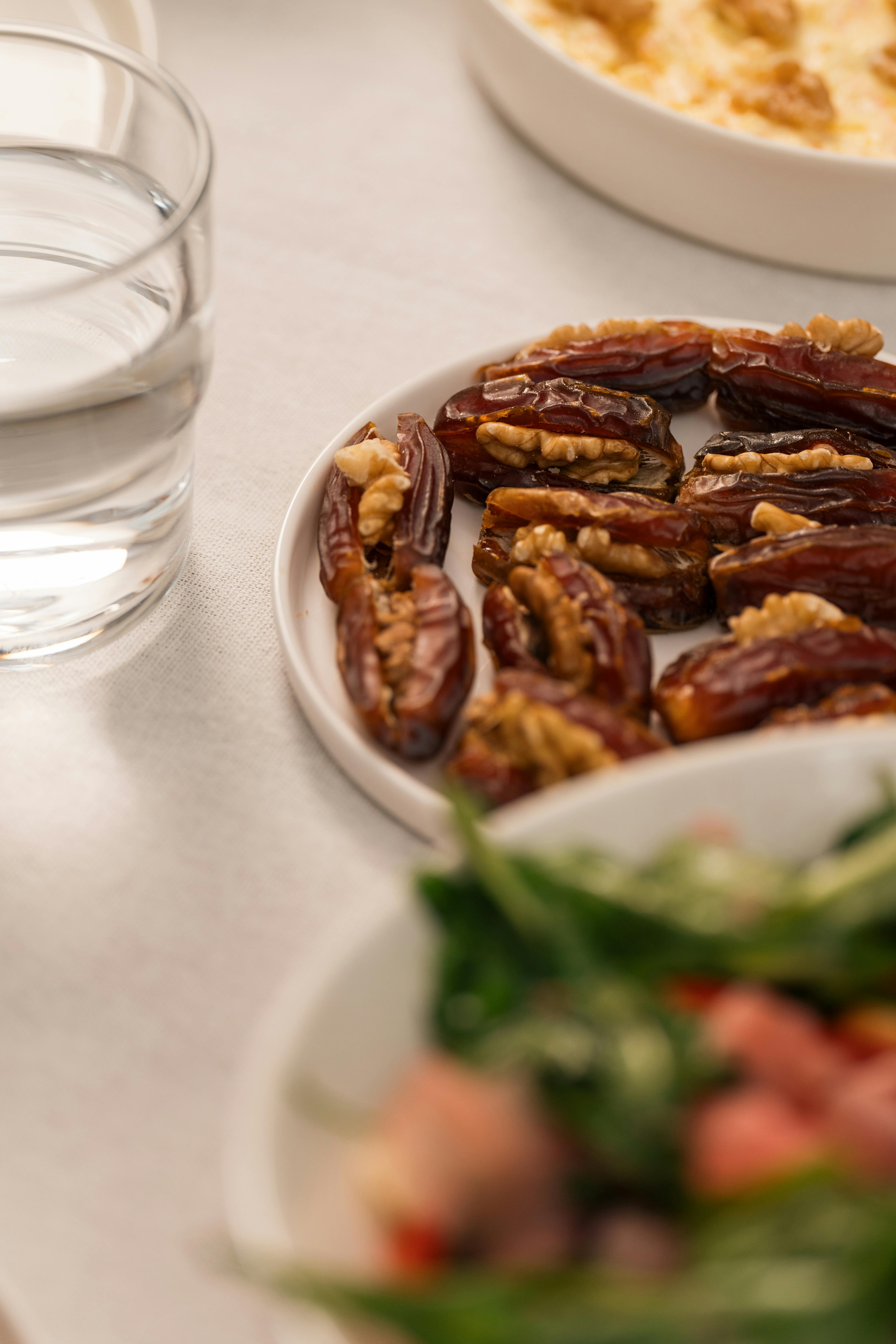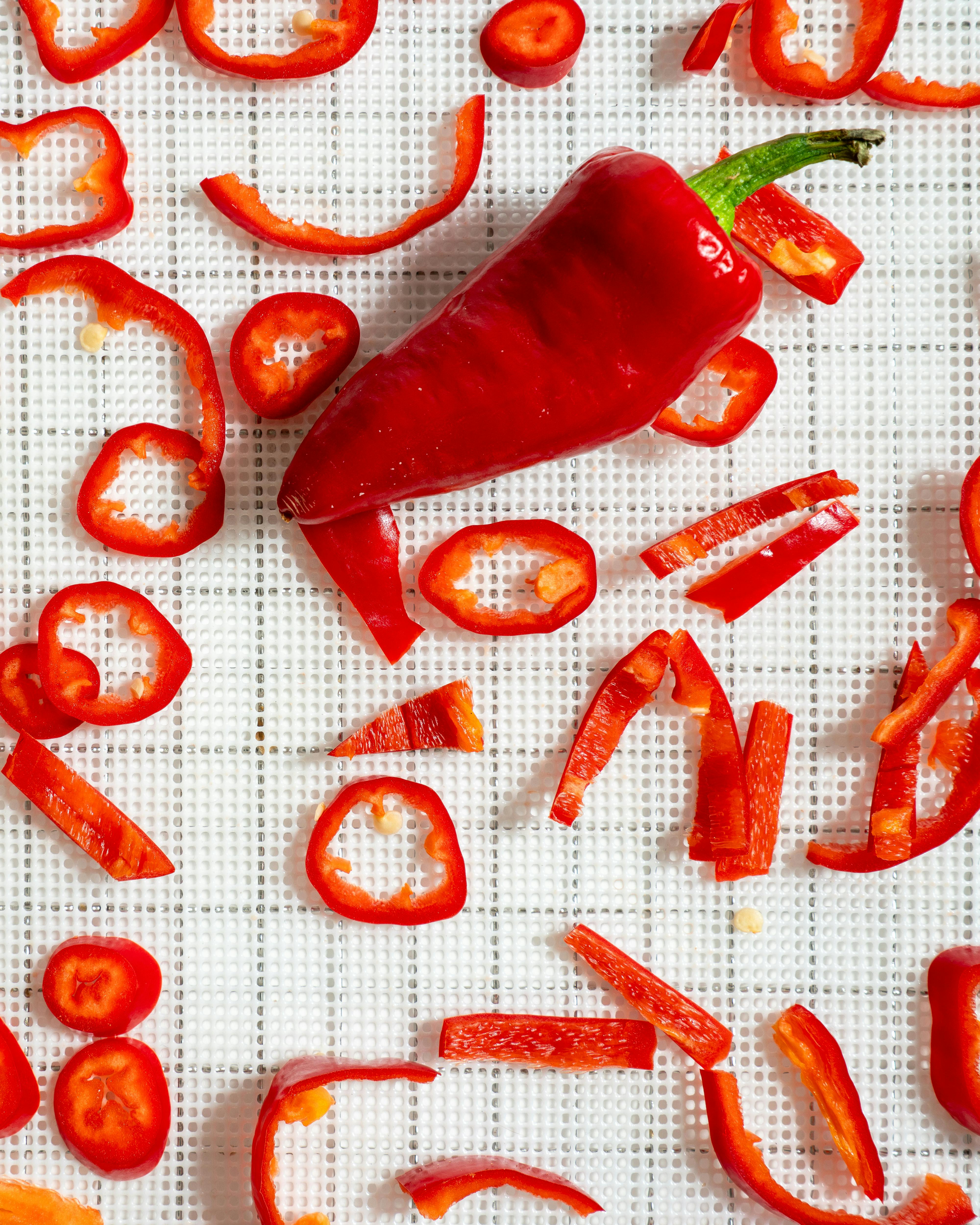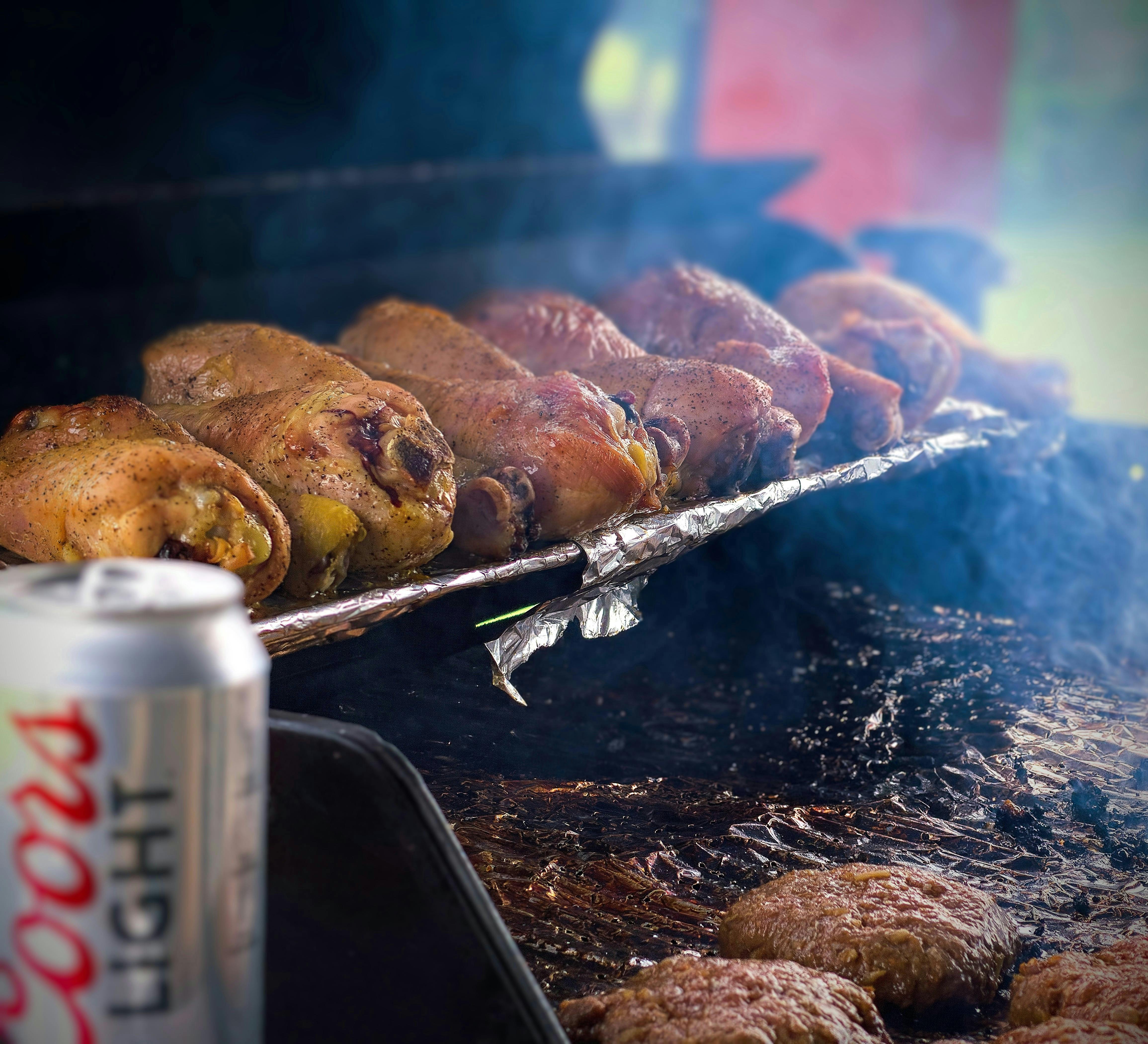Smart Guide to Dog Pancreatitis Diet: Essential Tips for 2025

Smart Guide to Dog Pancreatitis Diet: Essential Tips for 2025
Understanding how to manage your dog's health and diet is crucial, especially if they are diagnosed with pancreatitis. This condition, characterized by inflammation of the pancreas, can significantly affect your dog's wellbeing and quality of life. Choosing the right diet for managing dog pancreatitis is essential, as it not only aids recovery but also minimizes the risk of future flare-ups.
In this comprehensive guide, we'll explore what constitutes an effective dog pancreatitis diet, focusing on low-fat options, homemade meals, and the signs of pancreatitis in dogs. We'll also provide expert recommendations and tips for feeding schedules that promote optimal recovery and well-being. Furthermore, this article will delve into managing dog pancreatitis with dietary measures, supplements, and vet advice on commercial dog food designed for pancreatitis.
By the end of this guide, you will have a clearer understanding of how to support your dog through the diet that caters to their unique nutritional needs while enhancing their overall health. Let’s get started!
Understanding Pancreatitis in Dogs
Before diving into the specifics of a dog pancreatitis diet, it’s important to understand what pancreatitis is and how it affects dogs. Pancreatitis occurs when the pancreas becomes inflamed, leading to digestive issues and various health problems. It can manifest as either acute or chronic pancreatitis, each requiring careful dietary management.
What Are the Symptoms of Pancreatitis?
Identifying the symptoms of pancreatitis in dogs is the first step in managing this condition. Common symptoms include vomiting, diarrhea, abdominal pain, lethargy, and loss of appetite. You may also observe behavioral changes, such as hiding or a reluctance to engage in normal activities. If your dog exhibits these symptoms, a prompt visit to the veterinarian is crucial for proper diagnosis and treatment.
Causes and Risk Factors for Pancreatitis
While the exact cause of pancreatitis in dogs can vary, certain factors increase the risk, including obesity, high-fat diets, and certain medications. In addition, some breeds, such as Miniature Schnauzers and Yorkshire Terriers, may have a genetic predisposition to pancreatic issues. Understanding these risk factors helps owners take preventive measures to safeguard their pet's health.
Diagnosis and Vet Recommendations
If you suspect your dog has pancreatitis, your veterinarian will likely perform a physical exam and may recommend blood tests or imaging to confirm the diagnosis. Following the diagnosis, the vet will provide specific dietary recommendations tailored to your dog’s condition. Special consideration will be given to managing inflammation and ensuring that your dog receives balanced nutrition while avoiding triggers.
Best Diet for Dog Pancreatitis: Essential Components
Creating the best diet for dog pancreatitis involves selecting low-fat, easily digestible foods. These dietary solutions help support your dog's recovery and overall digestive health while preventing future pancreatic flare-ups. Let's explore key components to consider in a pancreatitis-friendly diet.
Low-Fat Options for Dog Food
A low-fat diet is critical in managing pancreatitis in dogs. Aim for dog food that contains no more than 10% fat on a dry matter basis. Popular low-fat options include special vet-recommended commercial dog food brands specifically formulated for pancreatitis. Look for those rich in high-quality protein sources that meet the nutritional needs without overwhelming the digestive system.
Homemade Dog Pancreatitis Diet Recipes
Many dog owners opt for homemade dog pancreatitis diets, allowing for more control over ingredients. A typical recipe may include low-fat proteins such as boiled chicken or turkey, along with easily digestible carbohydrates like rice or sweet potatoes. Always consult your vet before making significant dietary changes to ensure that the recipes meet all of your dog's nutritional requirements.
Processed Foods vs. Fresh Ingredients
When choosing dog food, weigh the benefits of processed options against fresh ingredients. While high-quality commercial dog foods are designed for specific dietary needs, fresh ingredients can provide beneficial nutrients and antioxidants that promote healing. Including safe fruits and vegetables, such as pumpkin and green beans, can offer additional fiber and vitamins necessary for your dog's recovery.
Feeding Schedules and Portions for Dogs with Pancreatitis
Establishing a consistent feeding schedule is essential for dogs diagnosed with pancreatitis. This helps stabilize their digestive systems and maintain energy levels throughout the day.
Understanding Portion Control
Portion control is crucial when managing a dog with pancreatitis. Feeding smaller, more frequent meals can prevent overwhelming the pancreas and reduce the risk of flare-ups. Consult your veterinarian to determine the appropriate portion sizes based on your dog's weight, condition, and activity level.
Implementing a Feeding Routine
Developing a feeding routine can also enhance digestion and nutrient absorption. Aim to set specific meal times each day, allowing for a structured intake of food. Avoid providing table scraps or high-fat treats that can disrupt this routine and further aggravate pancreatitis symptoms.
Hydration and Its Importance
Hydration plays a vital role in pancreatitis management. Ensure your dog has constant access to fresh water, as staying hydrated supports overall gastrointestinal health and aids in recovery. Hydration helps prevent dehydration, especially after episodes of vomiting or diarrhea.
Dog Pancreatitis Treatment and Long-Term Care
Long-term care for dogs with pancreatitis involves ongoing dietary management and regular veterinary check-ups to monitor health status.
Veterinary Dietary Recommendations
Veterinary diet recommendations often include specific commercial dog foods formulated for low-fat diets. Consider discussing with your veterinarian the best options tailored to your dog’s particular situation, including any food allergies or sensitivities they might have.
Supplements for Pancreatitis in Dogs
Certain supplements may benefit dogs recovering from pancreatitis. Omega fatty acids, for example, can provide anti-inflammatory properties while supporting skin and coat health. Probiotics may also help restore gut health and enhance digestion. Always consult your vet before introducing new supplements to your dog's diet to ensure safety and efficacy.
Monitoring Your Dog’s Recovery Progress
Maintaining a close watch on your dog's recovery is crucial. Keep track of their weight, energy levels, and any changes in their digestion or behavior. If you notice recurring symptoms, consult your veterinarian promptly for potential adjustments to the treatment plan.
Preventing Dog Pancreatitis: Essential Tips
Preventing pancreatitis in pets involves proactive management of diet and overall health. Here are some essential tips to minimize risks:
Understanding Food Sensitivities in Dogs
Identifying food sensitivities in your dog can help avoid ingredients that may trigger pancreatitis. Common culprits include fatty foods, rich treats, and certain grains. Transitioning to a low-carbohydrate, balanced diet can significantly benefit dogs prone to digestive issues.
Regular Vet Check-ups
Regular veterinary check-ups are essential for monitoring your dog's health, particularly if they have a history of pancreatitis. Routine examinations may help catch early warning signs of complications before they escalate into more serious conditions.
Encouraging Healthy Lifestyle Choices
A healthy lifestyle is crucial for preventing dog pancreatitis. Engage your dog in regular exercise to maintain a healthy weight and improve digestion. Providing a stress-free environment can also contribute positively to their overall mental and physical health.
Managing Dog Pancreatitis Symptoms and Quality of Life
Ultimately, managing pancreatitis in dogs means focusing on their quality of life. By providing a proper diet, understanding their symptoms, and working closely with your veterinarian, you can enhance their overall wellbeing.
Dog Feeding Practices for a Healthier Future
Implementing healthy dog feeding practices will contribute significantly to your dog's overall longevity and quality of life. As you transition to a pancreatitis-friendly diet, consider the use of high-quality ingredients, balanced nutrition, and feed schedules tailored to their specific needs.
Long-Term Care for Dogs with Pancreatitis
Long-term care and dietary restrictions require commitment and attention. Staying informed and educated about dog health and diet will empower you as an owner to make the best choices for your furry friend, ensuring they live a happy and healthy life.
Q&A: Common Questions About Dog Pancreatitis Diet
1. What is the best diet for dogs with pancreatitis?
The best diet for dogs with pancreatitis is a low-fat, easily digestible diet. Consult with your veterinarian for tailored recommendations and options that suit your dog's individual needs.
2. Can I feed my dog homemade meals?
Yes, homemade meals can be beneficial for dogs with pancreatitis as long as they are balanced and low in fat. Always consult your vet to ensure the meals meet your dog’s nutritional requirements.
3. What are safe treats for dogs with pancreatitis?
Pancreatitis-friendly dog treats should be low-fat and made from healthy ingredients, such as sweet potatoes or pumpkin. Always check with your vet to determine which treats are safe for your specific situation.
4. How can I ensure my dog stays hydrated?
Ensure your dog has access to clean, fresh water at all times. You can also offer hydrating foods like cucumbers or low-sodium broth for variety.
5. What supplements are good for dogs with pancreatitis?
Omega fatty acids and probiotics are often recommended to support dogs recovering from pancreatitis. Always consult your veterinarian before introducing any supplements.

